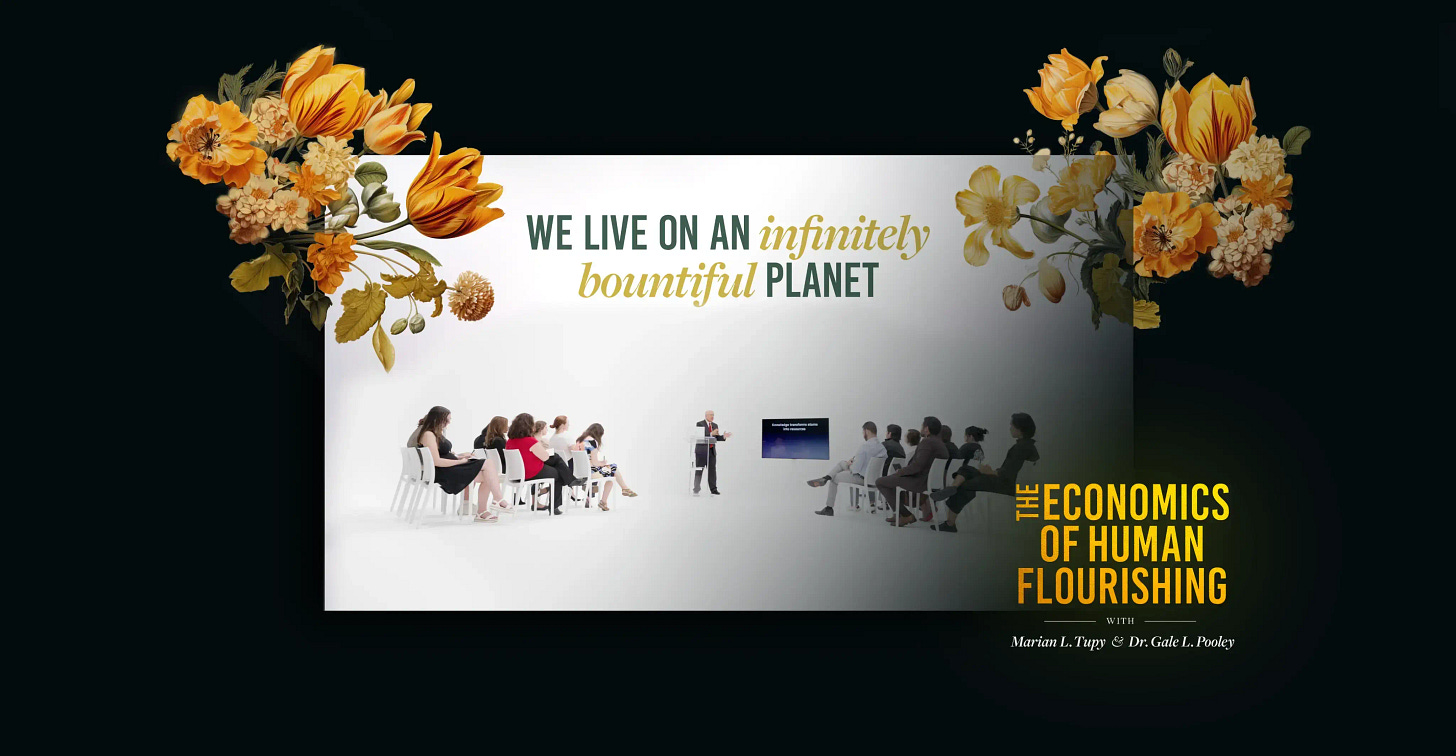$400 Billion Worth of Books on Sale for $43 Dollars
Google has over 10 million free books to read and download.
The Harry Ransom Humanities Research Center estimates that before the invention of the printing press the total number of books in all of Europe was around 30,000. The United Nations Educational, Scientific and Cultural Organization estimates there are roughly 158,464,880 unique books in the world as of 2023.
When Gutenberg innovated printing in 1440 an average book cost around 135 days of labor ranging from 15 days for a short book to 256 days for a major work. Working eight hours a day an average book would cost 1,080 hours. Today blue-collar compensation (wages and benefits) is around $37.00 an hour. That would put the money price of a typical book at $40,000 if there had been no book innovation since 1439.
On July 4, 1971, Michael S. Hart created one of the first ebooks when he typed the Declaration of Independence on his computer and distributed the file to all of his friends. He went on to found Project Gutenberg with the goal of encouraging the creation and free distribution of eBooks. In the last 50 years with the help of thousands of volunteers they have created thousands of digital books in over 60 languages and dialects.
Google has become the new Gutenberg. They have a library of more than 10 million free books available for users to read and download. Assuming the average book is around 250 pages and a half-inch thick would mean you need a bookshelf around 80 miles long to hold this library.
Before Gutenberg and his press, Hart and his computer, Google and the internet, Amazon and their digital tablet, and the manufacture of computer memory chips it would cost $400 billion to have a 10 million volume library. It would take 5.4 million people working full time for a year to create this library in 1439.
Today you can have this library for around $43. That’s $35 for the tablet and $8 for the 2 TB memory stick. Another really valuable feature we enjoy today is being able to search for a word or phrase in any of these books.
We also note there are 20 times more people on the planet today than in 1440. More people are making things exponentially more abundant because the source of ideas and innovations are human beings. We can all enrich one another as we discover, create, and share our valuable new knowledge.
In 2024 we can all enjoy reading a great book for almost free and use our extra 1,080 hours to create some valuable new knowledge to share.
This is actually a great time for innovation to transform an education system that has not changed much in 200 years. Peterson Academy is one of the leaders in creating a platform that avoids both wokeism and debt. Please sign up to enjoy our new course on The Economics of Human Flourishing.
We explain and empirically demonstrate why more people with freedom means much more resource abundance in our new book, Superabundance, available at Amazon. You can read more at superabundance.com. There has never been a better time to create more life.
Gale Pooley is a Senior Fellow at the Discovery Institute and a board member at Human Progress.









Wonderful points. I'm going to be linking this essay in an essay on Sunday about how technology hasn't reduced art, but unlocked even more for more people, books being just one example